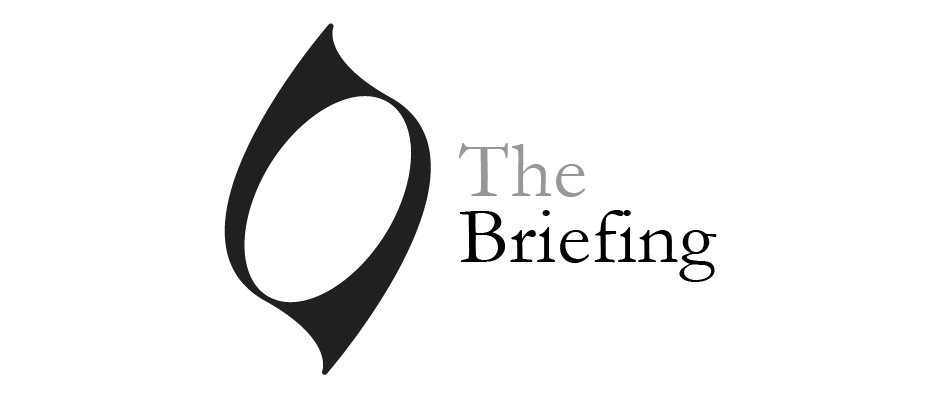Every Friday, we will publish a short list of a few articles that have caught our attention. This is what we’re reading this week:
The many possible ways the Obama Administration could have legally led an investigation into Trump and the implications of such an inquiry:
Regardless of whether any overreaching happened in this case—and there is no evidence, among the incomplete and conflicting accounts reported thus far, that it did—Trump’s tweet storm can serve as a prompt to reexamine the scope of our surveillance laws. If 140 characters designed to plunge the Obama administration into scandal can instead generate a long-overdue national conversation about surveillance authorities, we could all be better off for it.
A Philosophy of Economics with a Moral Conscience:
Now when so much of economics is straightjacketed by a failure to take account of ethical considerations, Arrow’s work demonstrates that economics is fundamentally a moral science. Whether tackling climate change, international security, healthcare provision, inequality, or racial prejudice, for Ken, economics was first and foremost a means to help improve human well-being. Indeed, his focus on well-being led him to consider the importance of trust and moral codes, as well as government regulations, for market behavior. Homo economicus cannot be out for himself alone.
A closer look at the 300 scientists who urged Trump to withdraw from the UN Climate Agreement:
What is the takeaway message? As I’ve said many times, the science is settled. Human emissions of greenhouse gases are causing the Earth’s climate to change. It’s practically impossible to find a reputable climate scientist who disagrees, or a climate scientist who can support an alternative view. It is also very difficult to find a scientist who thinks that the warming isn’t a problem, or isn’t significantly caused by humans. But, this isn’t a lack of trying on their side.
The Supreme Court no longer recognizes fresh water streams as a cause worth protecting:
In recent years, however, Supreme Court decisions and subsequent agency guidance have jeopardized protections for over half of our streams that provide drinking water to 117 million Americans and removed protections for 20 million acres of wetlands.
Fake News, Fake Medicine and Google De-listment:
Meanwhile, Google has also taken action against fake ads and fake news, in part by banning publishers of fake news from its AdSense advertising service while Facebook also tweaked its Trending Topics feature and is consulting third-party news organizations, including Snopes.com, PolitiFact, The Associated Press, FactCheck.org, and ABC News, about popular stories. Many are complaining that social media and search engine giants like Facebook and Google aren’t doing nearly enough, however.
A War on the Media in Burundi that has lasted many years and the journalists who jeopardize their livelihood to expose the truth:
Alina, Chanise and Jeanette were covering corruption, financial scandals and human rights abuses in Burundi before they too were chased out of the country. Following the failed coup against Nkurunziza in May 2015, the trio of intrepid reporters, all in their mid-late 20s, began receiving death threats for their reporting. One by one, their friends and colleagues were forcibly ‘disappeared’ and killed. They made a choice: run or die.
